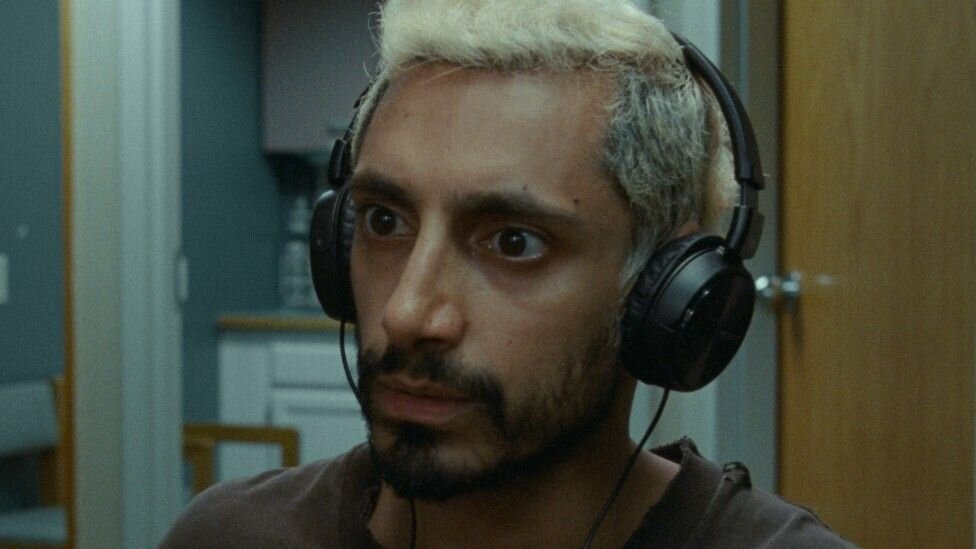If you’ve ever been described as a passionate person, or someone who aims to pursue their passions at any cost, then you likely feel you’ve hit the jackpot if you are ever “lucky” enough to find a job or career that you truly love. This is the kind of thinking that drove my ambition to become an academic and researcher—who among us hasn’t absorbed the social messages to “do the work you love, and the money will follow”— and it is this same paradigm that kept being played back to me via student evaluations (she’s so passionate!), and through the many projects I happily took on through my profession and for the universities and organizations I have served. It is also the passion principle that keeps many of my students, friends, and colleagues in a perpetual state of striving and searching for that next professional achievement and accompanying pay cheque.
So being passionate is a good thing, right? Even necessary to be successful? Well, maybe not so much, or at least not in the way many of us who pursue or have jobs that take up our passions may understand. This is the realization I have been coming to in many ways over the past several years, and my hunches around the systemic “problem with passion” paradigm have crystalized around the important work of sociologist Erin Cech, who appeared this past week on The Professor Is In podcast in an episode that, if I could wave a magic want, I would want every current and aspiring academic, artist, and creative to listen to. As Cech argues, “following your passion” actually intensifies inequality, and hand in hand with that inequality is the toxic and unsustainable working environment that is often fostered in academia, starting in grad school.
As the podcast’s description goes on to preview:
Erin explains how passion leads to “choice-washing,” in which unequal outcomes are justified by claiming they were freely chosen, even while those without privilege and resources struggle to get access to “passion”-driven work. She shows how the passion principle came hand in hand with the erosion of worker rights–if there is no more stable work, we may as well do “what we love” and do only the work that “fulfills us” and “expresses our deepest self.” The passion principle permeates academia, of course, and fuels all manner of exploitation, especially around the issue of adjuncting. If you’re “passionate” about your subject, surely that will carry you through any trials and tribulations… and if you object, then surely you just aren’t passionate enough? And so adjuncts are told/tell themselves that if they’re still in academia, they’re still fulfilling their passion and therefore well-compensated… no matter how little they’re paid and how much they’re exploited. Which, as Erin Cech notes, launches a vicious circle, as overwork forecloses the time needed to critique the passion economy and find meaningful alternatives.
Without giving away all of Cech’s conclusion for meaningful alternatives—listen to the podcast and sign up for her forthcoming book The Problem with Passion (U California Press, 2021) to learn more—I will say that one of the ways to sidestep the “passion economy” is to pursue hobbies, interests, and new communities of peers and friends that can be sustained away from your work. Understand too that doing a “job you love” may not be the goal worth pursuing, or at least not without serious questions around how the passion economy exploits workers at a time of growing income inequality and precariousness in labour environments. If this pandemic has taught us nothing else, it is the need to seek and create boundaries and balance when our personal and professional lives are forcefully overlapped. Questioning how the passion economy exploits those of us who would “work for free” to do the things we love is one important place to start.
A few more things before the round up:
I had to take a road trip recently for business and searched for some good podcasts to binge listen to, and I ended up being pointed to MOTIVE, a podcast series that takes a deep dive into the history of the punk rock movement as it merged with neo-Nazism in the 1980s. As described by NPR who produced the podcast, “To understand the white supremacist movement today, don't look at the old guys in white sheets. Look at the last time a wave of hate pulled in young Americans. Look at the neo-Nazi skinheads.” I learned so much about how the extreme ends of left and right wing political movements overlap with punk thinking and aesthetics, along with getting one of the best arguments for how Trumpism has captivated and attracted such a large audience of young men. Highly recommended listening.
And speaking of listening, I was finally able to sit down over this long weekend and watch the film Sound of Metal (2019), directed by Darius Marder. Starring Riz Ahmed who portrays a heavy metal musician experiencing hearing loss, the movie is not only captivating in terms of its narrative, but the brilliant sound design and attention to embodiment and kinesis around the main character’s experience is something that will surely win this film several awards at the upcoming Academy Awards. I have included the trailer below and one of my weekly links touches on Ahmed’s performance.













